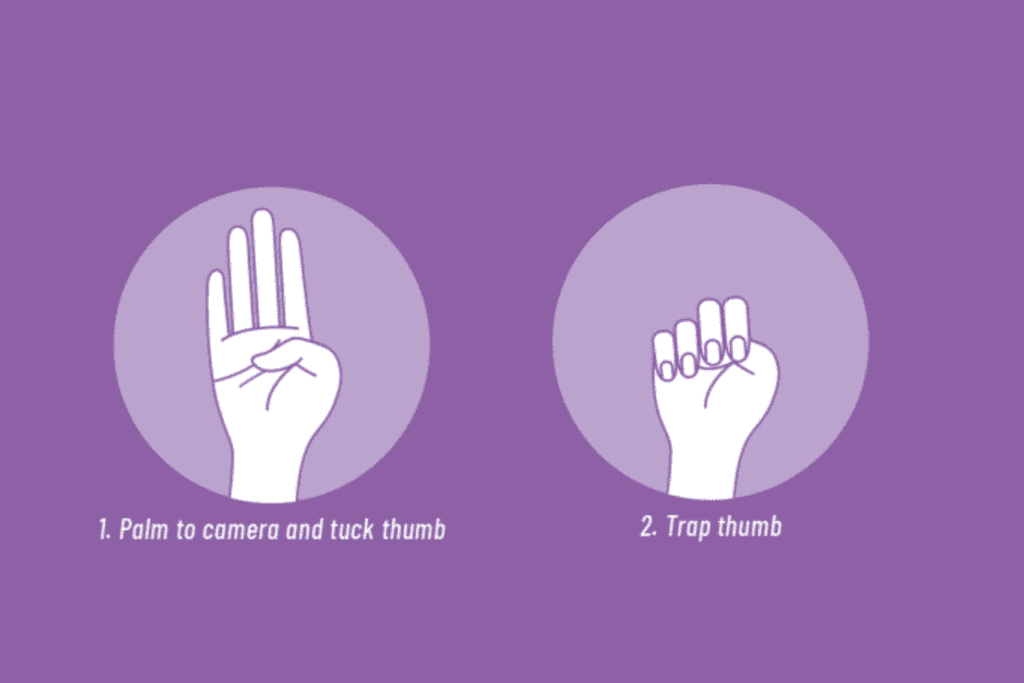Sense of security
One of the more pernicious aspects of renting a home is the dreaded security deposit, a lump sum — often two or three times the rent — that you don’t get back until you vacate. In the U.K. security deposits are done a bit differently. They exist, but they’re effectively held by a government program, which makes sure the tenants get back what they’re owed when they move out.
If a British tenant feels they’ve gotten stiffed on their security deposit, the government pays it back to them, then approaches the landlord to get reimbursed. Should the landlord claim they have a valid reason for keeping the deposit — for instance, because the tenant was behind on rent — the government will step in to adjudicate, and the landlord must show evidence that they’re owed the money. Neither landlord nor tenant are charged for this process, which unfolds only about 30,000 times per year in a country five million renters, which suggests the very existence of the scheme helps keep landlords honest.
Many of the landlords who opposed the system when it was enacted in 2007 now support it, according to Steve Harriott, CEO of the U.K.’s Tenancy Deposit Scheme. “They like the scheme because they felt it took away some of the argument and disagreement that you got,” he told Shelterforce. “What we found was that most landlords are actually reasonable people, they’re not trying to rip off their tenants.”
Give them a hand
We love a dance challenge as much as the next, but TikTok may have found a higher calling: promoting a hand signal people can flash if they’re being abused or abducted.
The signal — four fingers held upright, then folded over a thumb — was devised by the Canadian Women’s Foundation and has spread widely on TikTok over the past year. Last week, a girl flashed it from a car window on a Kentucky interstate. A passing motorist saw her do it, called 911, and police arrested the driver. It turned out the girl had been reported missing by her family. Authorities believe she was able to flash the signal without arousing suspicion because, to the driver she was with, it simply looked like she was waving to passing cars.
That’s exactly how it’s supposed to work. In fact, similarly covert signals have popped up in recent years, including a pandemic-era one in which people who are being abused can ask their pharmacist for “mask 19,” a codeword that indicates the person needs help. “We always say it only takes one person to bring a missing child home,” said a spokeswoman for the National Center for Missing and Exploited Children. “In this case, she made a signal, that person paid attention and a call was made.”
Read more at the New York Times
Cold comfort
Fifty years ago, oil fueled a boom in cheap Alaskan housing. Now those houses, built with materials designed for warmer climes, are starting to fall apart.
Crushed by negative news?
Sign up for the Reasons to be Cheerful newsletter.To rectify this, a housing prototype called “circumpolar architecture” is being deployed in Alaska by the nonprofit Cold Climate Housing Research Center (CCHRC). Built specifically to resist the state’s unforgiving climate, the designs were created with input from the Indigenous populations who, in many cases, are the recipients of the homes. This meant talking to the residents about their housing troubles and designing to respond to them. Some of those problems include shifting permafrost that cracks foundations and overcrowding as families grow. In response, the designers created foundations that can move with the ground as it freezes and thaws, floor plans that can be easily expanded, and insulation-ventilation systems that lock heat in and moisture out.
The need is huge. For instance, one village needs 91 new CCHRC homes, but there’s only enough money in the budget for six. The goal, for now, is to get a head start before climate change creates more and more need — and demand for resources grows. “It’s going to start being harder and harder to find a place that isn’t changing,” said one of the architects. “Because once New York City and New Orleans change, there’s not gonna be any money to help little old Alaska.”








